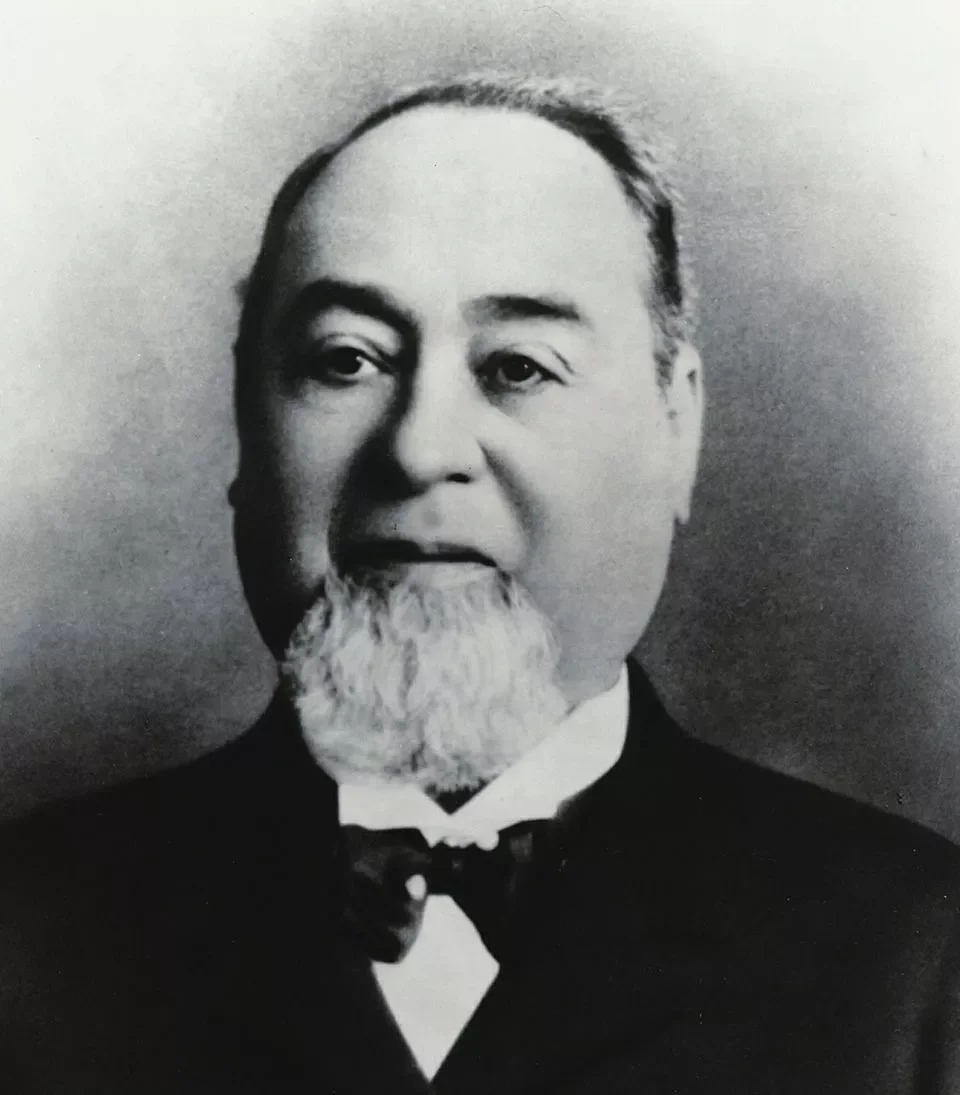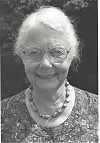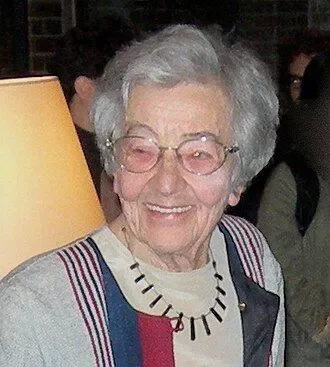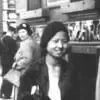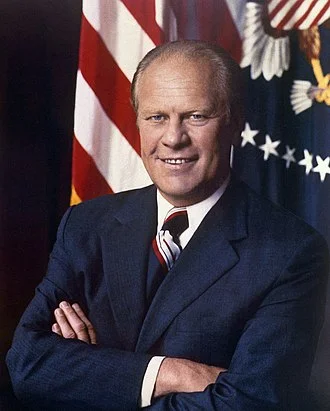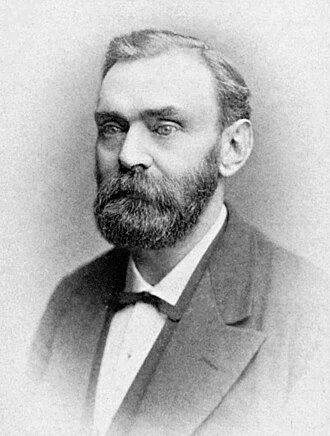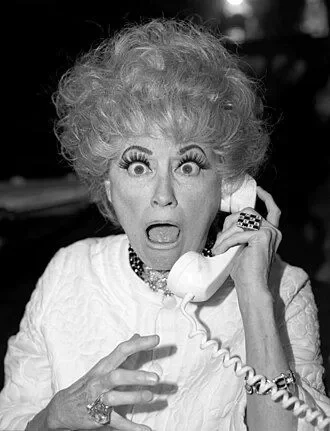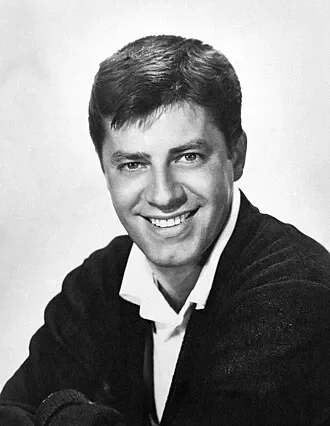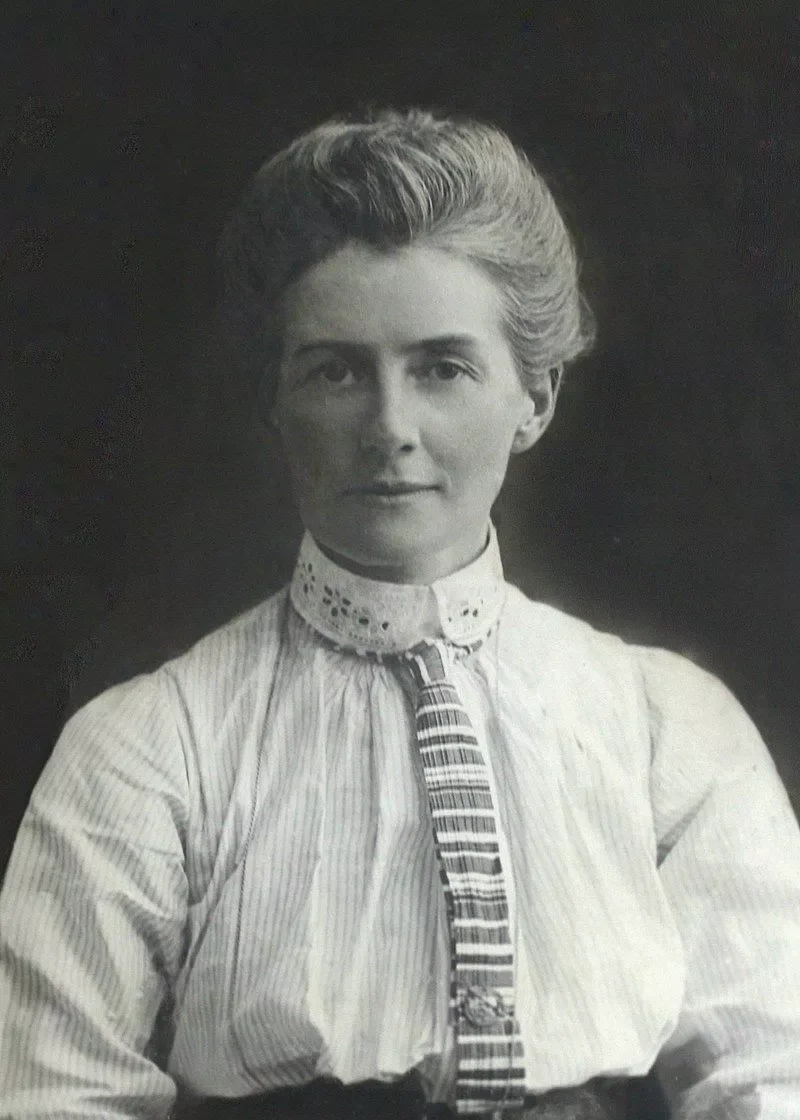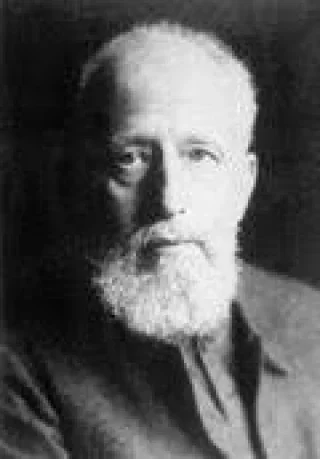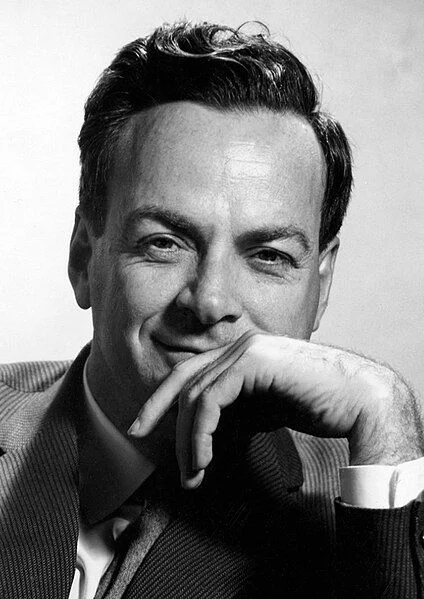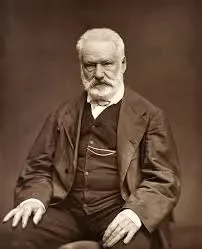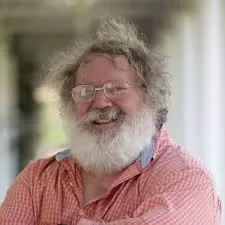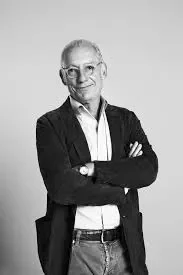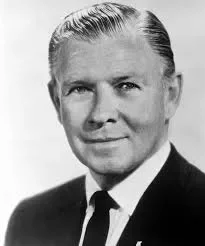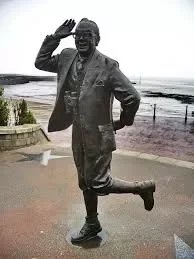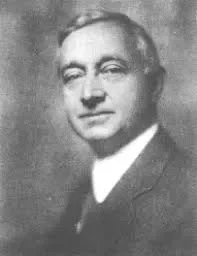Real Celebrities Never Die!
OR
Search For Past Celebrities Whose Birthday You Share
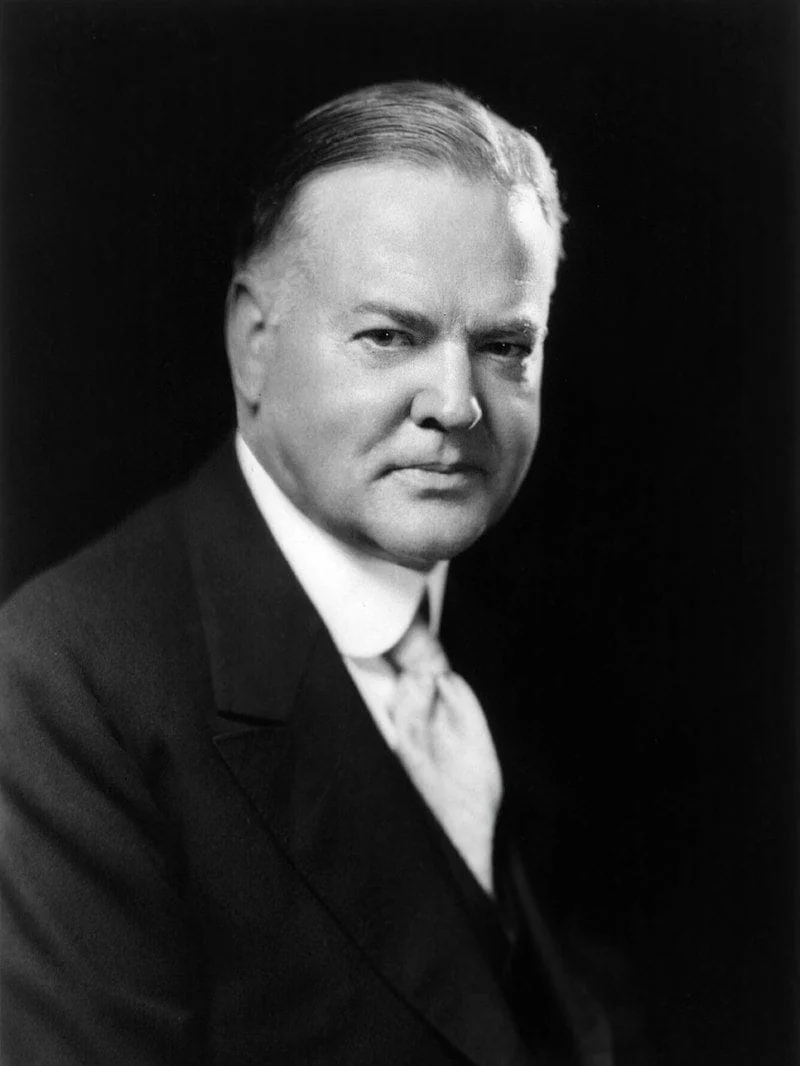
source:wikipedia.org
Herbert Hoover
Birthday:
10 Aug, 1874
Date of Death:
20 Oct, 1964
Cause of death:
Natural causes
Nationality:
American
Famous As:
Author
Age at the time of death:
90
Herbert Hoover's Quote's
Early Life and Background
Herbert Clark Hoover (Herbert Hoover) was born on August 10, 1874, in West Branch, Iowa. He was the second of three children born to Jesse Hoover, a blacksmith and farm implement store owner, and Hulda Randall Minthorn, a devout Quaker. His parents passed away within three years of each other when he was just nine years old.
After his parents’ deaths, Hoover was sent to live with his uncle, Dr. John Minthorn, in Oregon. Despite his difficult childhood, Hoover excelled academically. He was admitted to Stanford University’s inaugural class in 1891, where he studied geology and met his future wife, Lou Henry. Hoover worked his way through college, graduating in 1895 with a degree in geology.
Professional Career and Achievements
Hoover’s career as a mining engineer took him around the world. He worked in Australia, China, and other countries, becoming known as the “Doctor of Sick Mines” for his ability to turn failing mining operations into profitable ventures. By the age of 40, Hoover had become a millionaire and was internationally recognized in his field.
Humanitarian Work
World War I marked a turning point in Hoover’s life. He organized the Commission for Relief in Belgium, which provided food to millions of war victims. His success in this role led President Woodrow Wilson to appoint him as head of the U.S. Food Administration during the war. Hoover’s efficient management of food resources earned him the nickname “The Great Humanitarian.”
Herbert Hoover married Lou Henry in 1899, and they had two sons. Lou was an accomplished linguist and geologist in her own right, and the couple often spoke Mandarin Chinese when they wanted privacy.
Political Career
After the war, Hoover served as Secretary of Commerce under Presidents Warren G. Harding and Calvin Coolidge. In this role, he promoted standardization in industry and expanded government support for new technologies like radio and aviation.
Presidency
Hoover was elected as the 31st President of the United States in 1928, winning in a landslide. His presidency, however, was quickly overshadowed by the Stock Market Crash of 1929 and the onset of the Great Depression. Hoover’s actions during the economic crisis included: Advising against wage cuts in businesses, Ramping up federal spending on public works projects, Creating the Reconstruction Finance Corporation to offer loans to banks and businesses.
Despite these efforts, the economy continued to decline, and Hoover’s reputation suffered. His belief in “rugged individualism” and reluctance to provide direct federal aid to individuals made him appear unsympathetic to the plight of millions of Americans.
Later Years and Legacy
Herbert Hoover lost his bid for re-election in 1932 to Franklin D. Roosevelt. After leaving office, he became a vocal critic of Roosevelt’s New Deal policies. During World War II and afterwards, Hoover regained some of his earlier prestige, heading commissions on government reorganization for Presidents Truman and Eisenhower.
Herbert Hoover passed away on October 20, 1964, at the age of 90 in New York City. While his presidency is often viewed negatively due to the Great Depression, historians have come to recognize his significant humanitarian achievements and his contributions to government efficiency.
Name:
Herbert Hoover
Popular Name:
Herbert Hoover
Gender:
Male
Cause of Death:
Natural causes
Spouse:
Place of Birth:
West Branch, Iowa, USA
Place of Death:
New York City, New York, USA
Occupation / Profession:
Personality Type
Logistician: Practical and fact-minded individuals, whose reliability cannot be doubted. Hoover was known for his practicality, strong work ethic, and logical approach to problem-solving.
After his presidency, he became a leading critic of Franklin D. Roosevelt’s New Deal programs.
He was a self-made millionaire before the age of 40 through his work as a mining engineer.
Hoover was fluent in Mandarin Chinese, and he and his wife would speak it to each other to keep conversations private.
Hoover was the first president born west of the Mississippi River.
31st President of the United States (1929-1933)
Authored several books on politics, economics, and foreign policy
Established the Reconstruction Finance Corporation to address the economic crisis
Known for his humanitarian efforts during and after World War I, including his work to provide food relief to millions in war-torn Europe


